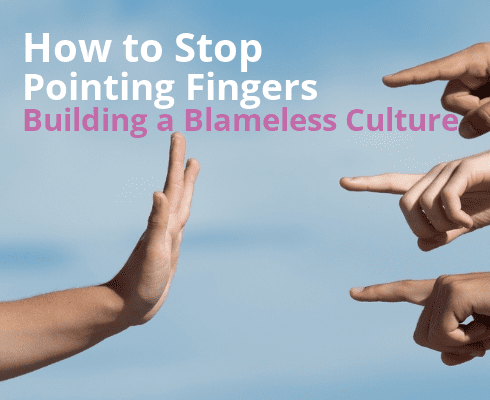Why is Diversity Equity & Inclusion so important

We hear a lot about diversity, equity, and inclusion—DEI—these days, but sometimes the reasons why they matter get lost in the mix. One of the major benefits of DEI is cognitive diversity.
Watch: In this clever video from RSA, author Matthew Syed discusses how inclusivity leads to collective intelligence, which diversifies thought processes and drives innovation.
Beyond diversifying what you and your colleagues can think, career coach Ashley Stahl outlines three more important benefits of DEI, writing for Forbes:
 | DEI boosts creativity and innovation. Unique experiences and perspectives naturally lead to out-of-the-box ideas. As Stahl says, “Diverse teams naturally eliminate the standard approach to problem-solving.” |
 | It creates opportunities and inspires growth. Expanding perspectives and networks inevitably leads to new and different opportunities. “Diverse teams can be professionally enriching as teammates are exposed to new skills and approaches to work,” Stahl writes. |
 | It improves decision-making. Varied experiences and backgrounds enhance problem-solving skills. “Research showed that diverse teams are better at making decisions 87 percent of the time over non-diverse teams,” Stahl says. “Diverse teams offer broader perspectives and bring more information to the table.” |
| DEI is a game-changer, and not only for individuals who finally feel like they belong. It’s also plain good for business. As Stahl writes, “Companies with greater diversity are 70 percent more likely to capture more markets.” |  |
Take Action: Try diversifying your own thinking by seeking out opinions and entertainment from people who have different identities and experiences from your own.
Using Your Words (DEI vocabulary)
Understanding why DEI is important means also knowing—and using—DEI terms. Set yourself up for success by checking out some common DEI vocabulary:
| Diversity: Culturally, “diversity” refers to a group that includes people with a variety of backgrounds, ages, genders, beliefs, sexual orientations, and ethnicities. | |
| Inclusion: This is the act of being included within a group, especially in a way that is respectful regardless of differences. | |
| Equity: Equity refers to being fair or impartial. Put into practice in the workplace, this means taking individual needs into consideration so that everyone has equal access to opportunities. | |
| Belonging: Belonging means being part of a group, sharing with others, and feeling secure enough to be ourselves regardless of differing experiences and identities. | |
| Bias: This is prejudice against or in favor of a person, group, or thing when compared to another. | |
| Stereotype: Oversimplified, often fixed, and widely believed, stereotypes are ideas and assumptions about a thing or group of people. | |
| Psychological safety: When you believe you can speak up and be yourself without fear of punishment or humiliation, you’re experiencing psychological safety. | |
| Ally: Anyone who commits to creating cultures of inclusion and pursues the advancement of others through positive efforts is an ally. |
| The “E” in DEI sometimes stands for “equality” and sometimes refers to “equity.” But while the terms are similar, they aren’t entirely interchangeable. Equality means treating all people the same, while equity focuses on equal outcomes and takes different needs into account. |  |
Take Action: Words matter. Once you’ve learned DEI-specific language, make sure to consider it during your everyday life and continue to add new terms to your vocabulary as you hear them.
Being the Best Version
So often, fitting in means trying to act or appear the same as those around you. But most of us, regardless of our identities, have likely felt like an outsider at some point in our lives. And in this difference, in the shared experience of wanting to feel like we belong, we can find common ground.
Exercise
Find out more about your colleagues with the “Step Apart, Step Together” game. First, have two volunteers step up and face each other. Next, encourage the rest of the team to call out prompts to answer like place of birth, favorite food, hobbies, and beyond. For each topic, have the volunteers step apart when their answers differ or step together when they’re the same. Take note of how even when some things separate us, others bring us closer.
Watch: In this video, Salesforce employees, customers, community members, and more discuss what equality means to them.

Take Action: The next time someone new joins your team, remember the times when you’ve felt like an outsider and take action to make them feel included. Sometimes it’s as simple as striking up a conversation or inviting them to join you for lunch.
For Daily motivational and meditation videos, visit our YouTube channel https://www.youtube.com/@bowlofgrowth articles on various topics like Personal Growth, Coaching, EQ / IQ etc.. visit the https://bowlofgrowth.in/library/ or select from the dropdown below.

